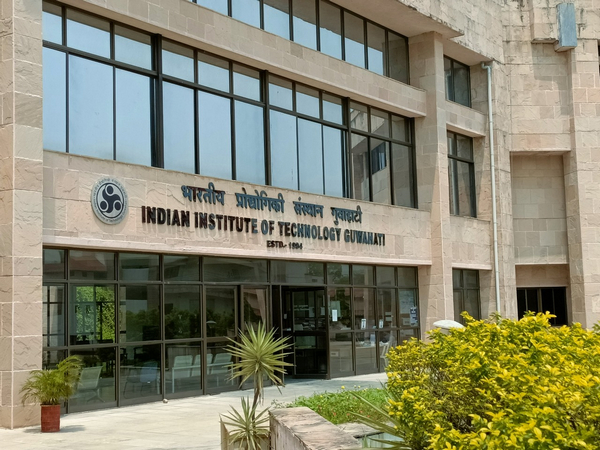IIT Guwahati's Bio-Revolution: Methane to Clean Biofuels
IIT Guwahati researchers have developed a novel biological process using methanotrophic bacteria to convert methane and carbon dioxide into biofuels. This innovative method addresses global greenhouse gas concerns, improves biofuel efficiency, and offers sustainable energy solutions, presenting a breakthrough in the fight against climate change and resource depletion.

- Country:
- India
Researchers at the Indian Institute of Technology Guwahati have achieved a breakthrough in clean energy conversion with their advanced biological method for transforming methane and carbon dioxide into biofuels. The process utilizes methanotrophic bacteria, specifically Methylosinus trichosporium, which operate under mild conditions, eliminating the need for costly catalysts and harmful by-products.
This study, co-authored by Prof Debasish Das and Dr Krishna Kalyani Sahoo, and published in the esteemed journal Fuel, tackles two critical global issues: mitigating the harmful impacts of greenhouse gases and addressing the depletion of fossil fuels. Methane's significant contribution to global warming, due to its potency compared to carbon dioxide, makes this research particularly impactful.
IIT Guwahati's method represents a significant advancement over traditional chemical processes, which are known for their high energy requirements and limited scalability due to toxic by-products. The research team has engineered an innovative two-stage process: first, capturing methane for bacterial biomass generation, and second, converting carbon dioxide into methanol. Moreover, enhanced engineering techniques improved gas solubility, substantially increasing methanol yields.
The bio-methanol produced was tested with diesel, resulting in notable emission reductions, including up to 87% cuts in carbon monoxide, hydrocarbons, hydrogen sulphide, and smoke emissions. Furthermore, diesel-methanol blends demonstrated superior fuel consumption and energy efficiency, outperforming pure diesel while maintaining similar mechanical efficiency.
According to Prof Debasish Das, this research signifies a pivotal moment in biofuel development, offering a sustainable alternative to conventional fuels without conflicting with food production. The biological conversion process not only provides a cleaner fuel option but also opens avenues for industrial applications, such as producing formaldehyde and acetic acid, potentially revolutionizing the sustainability of critical industries like oil and gas, refineries, and chemical manufacturing.
(With inputs from agencies.)










